Nearly 138,000 young people learn their exam results today – but are they among the last to sit the high-stakes tests?
The future of exams in Scotland is being deliberated by a review group which will advise the Scottish Government on reforming qualification and assessment.
And although the Education Secretary has insisted exams are here to stay, the review, says its leader, could go any way.
Will exams become lower stake, with more weight on teacher-led assessment? Could they be scrapped in S4 and replaced with a graduation diploma, as has already been suggested?
Effectiveness of exams to grade Scotland’s pupils has been debated over many years but their cancellation in 2020 and 2021 due to the pandemic brought their place in modern education into sharper focus.
Ronnie Ross, head teacher of one of Scotland’s largest secondary schools, is among those who believes radical reform is needed.
His pupils at Levenmouth Academy, in Buckhaven, were among those to sit National 5, Higher and Advanced Higher exams in May – but through a system Mr Ross reckons is “not fit-for-purpose” in the 21st Century.
The pressure of high-stakes tests at the end of the year also, he says, added to a significant increase in the number of young people seeking help for stress and anxiety.
He said: “I don’t believe in high stakes, one-off examinations.
“I don’t think they give a true reflection of a young person’s natural or acquired abilities, or their knowledge and understanding.
“It’s your ability to recall or regurgitate information, and some people are much better at that than others.”
A hybrid model, combining assessment and exams to a lesser degree, would be fairer to all pupils, he reckons.
He said: “I do think there is a place for examinations, but let’s have a national conversation about what would be an appropriate type of assessment tool.”
What do you think?
Sitting alongside academics, teachers and others on the review group are members of the Scottish Youth Parliament.
Ellie Craig, 18, was among those whose Higher exams were cancelled due to the pandemic in 2020 and 2021 and she is involved in that process.
Now at university the MSYP for Glasgow Cathcart said: “Covid recovery gives us a unique opportunity to look into exams and how it’s all working in terms of should we go back to how it was before Covid when I sat my [Nat 5] exams in 2019 or should we look to change it.
“I think it should be continuous assessment because it’s maybe a better reflection of young people’s ability as opposed to just one exam day.
“The young people we have spoken to agree and do not think that exam-only assessment at 15 and 16 is the right way.
“Only 12% of the young people we spoke to said they favoured retaining exams.
“It’s overwhelming that no matter what happens moving forward that young people are in the conversation and being asked about what they want alongside other stakeholders like teachers.”
It was in a statement to parliament last October announcing the reform that Education Secretary Shirley-Anne Somerville said “externally-assessed examination will remain part of the new system”.
Professor Louise Hayward, chairwoman of the independent qualifications review group, established to advise ministers acknowledged the caveat but told Tes Scotland the review “has the potential to go in any direction”.
She said: “I don’t have difficulty with that statement but I think the first thing to do is identify what it is we want to gather evidence about and then to think about the best ways of doing it.”
Exams, she said, only gather evidence well for some things.
When will we know more?
We will learn what she thinks of the future of exams in Scotland’s in her interim report in December, before her final recommendations are presented next March.
Leading a similar review in England, Prof Hayward has already recommended an end to high-stakes GCSE exams – equivalent to our National 5s – as the only method of assessment south of the border.
A graduation certificate and an end to S4 exams were among suggestions made in the OECD report by Professor Gordon Stobart which led to Scotland’s review.
Ross Greer, the Scottish Green Party’s education spokesperson, said the reform process is “an exciting opportunity to bring our 19th Century exams system in line with our 21st Century curriculum”.
He said: “Scotland’s exam system has remained fundamentally unchanged since the Victorian era.
Sickness, a bad night’s sleep due to a chaotic household situation or just a bit of anxiety can rob a young person of the grade they deserve.”
Ross Greer, Scottish Greens education spokesperson
“High-stakes end-of-term exams are a snapshot in time, not an accurate reflection of a young person’s wider knowledge and abilities.
“Sickness, a bad night’s sleep due to a chaotic household situation or just a bit of anxiety can rob a young person of the grade they deserve and which they would have achieved if their work throughout the year were taken into account.”
A Scottish Government spokesperson reiterated Ms Somerville’s insistence on exams remaining and said: “The Scottish Government looks forward to receiving the independent review group’s recommendations.”


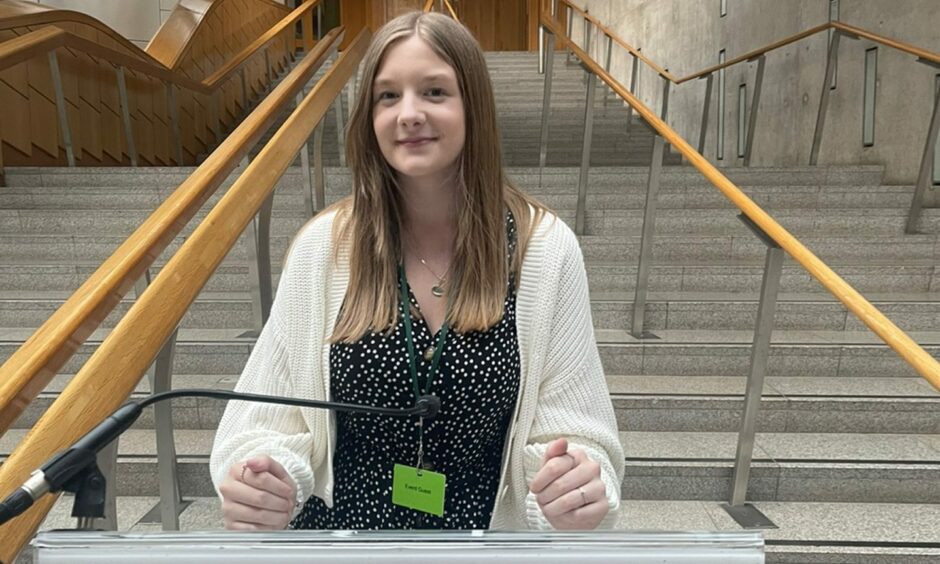
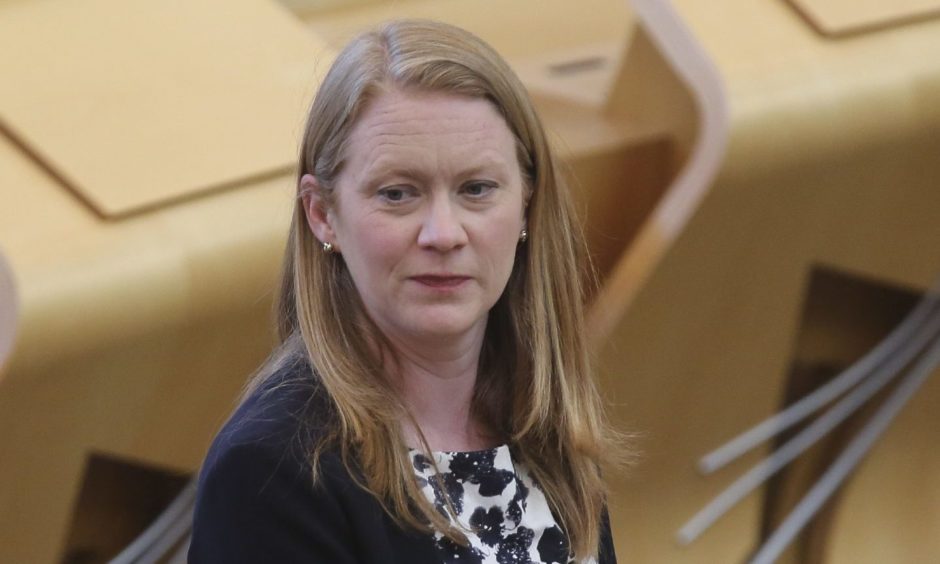
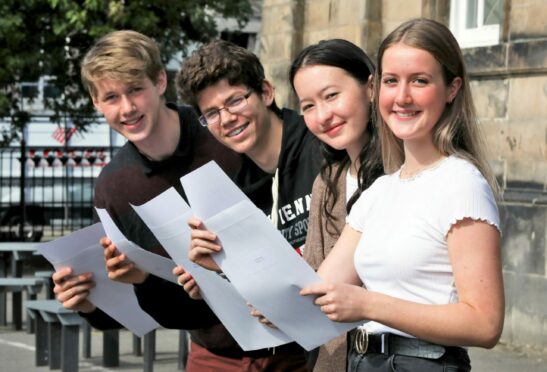

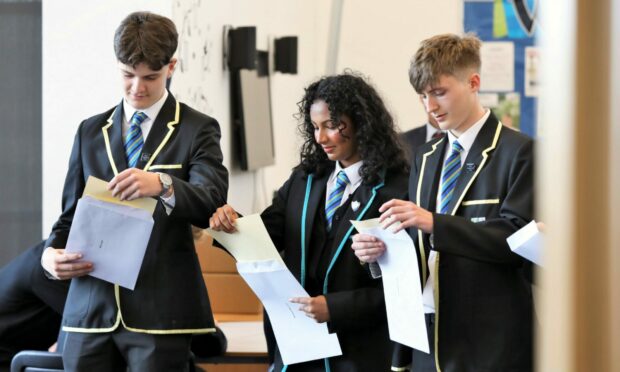

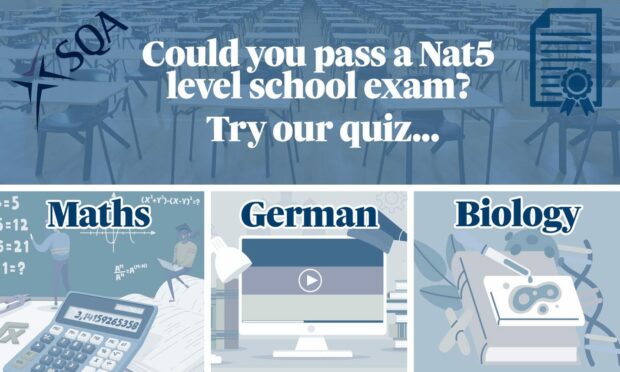











Conversation